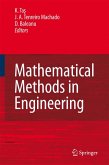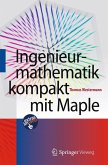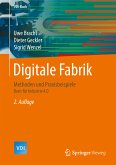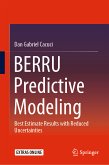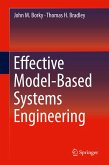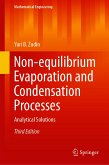Finite Element Applications begins with demystifying the 'black box' of finite element solvers and progresses to addressing the different pillars that make up a robust finite element solution framework. These pillars include: domain creation, mesh generation and element formulations, boundary conditions, and material response considerations. Readers of this book will be equipped with the ability to develop models of real-world problems using industry-standard finite element packages.
Dieser Download kann aus rechtlichen Gründen nur mit Rechnungsadresse in A, B, BG, CY, CZ, D, DK, EW, E, FIN, F, GR, HR, H, IRL, I, LT, L, LR, M, NL, PL, P, R, S, SLO, SK ausgeliefert werden.
Hinweis: Dieser Artikel kann nur an eine deutsche Lieferadresse ausgeliefert werden.



